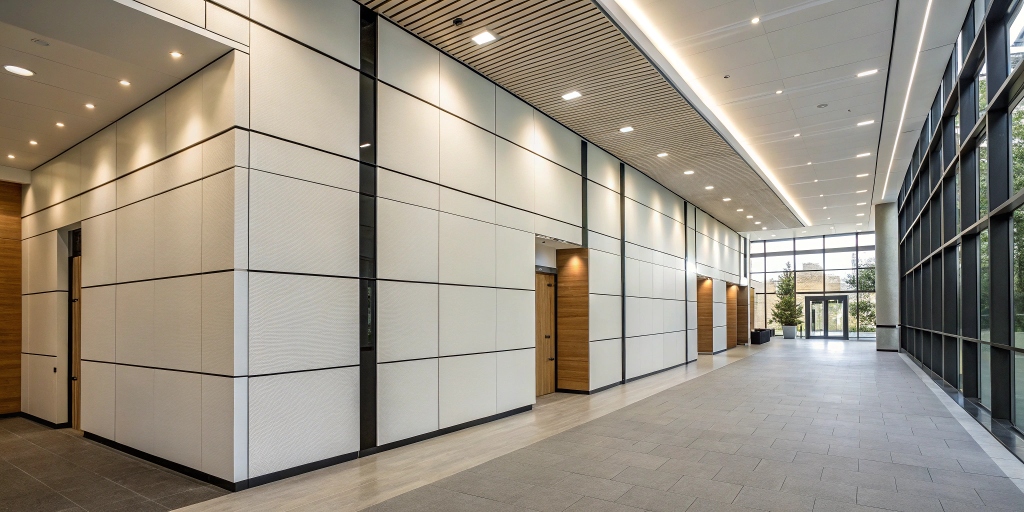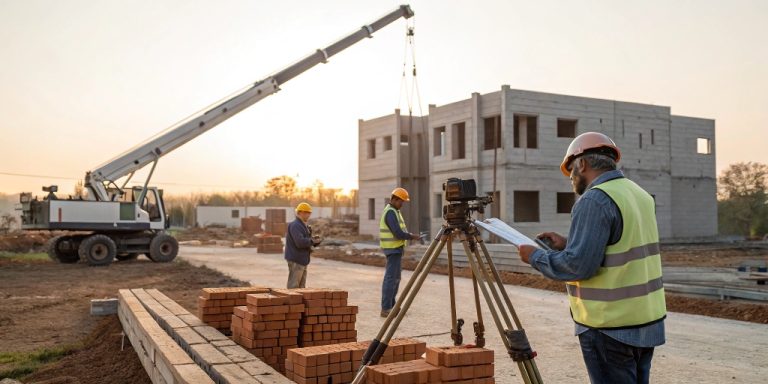Why Offices Are Shifting Toward Flexible Walls
The office environment has evolved due to collaborative work, hybrid schedules, and employee demands for focus and teamwork. Flexible wall systems enable continuous workspace reconfiguration without lengthy construction processes, addressing the need for flexible workspaces.
Forward-thinking companies are embracing options that deliver adaptability while enhancing aesthetics. One of the most prominent approaches involves smart glazing systems, which offer both privacy and openness. Organizations can select single or double glazing Toronto depending on their needs to manage noise, maximize daylight, and maintain a sense of spaciousness. Unlike permanent drywall, modular glass or panel walls can shift with organizational changes, helping businesses expand, contract, or rebrand with minimal disruption. This shift toward reconfigurable systems reflects the modern need to balance transparency, flexible collaboration, and rapid change management in commercial environments.
Types of Modular Wall Systems
Modular wall solutions are versatile and adaptable, allowing organizations and industries to scale up or down, relocate, or quickly subdivide rooms. Full-height glass systems combine sophistication and practicality, allowing daylight to enter interiors and supporting morale. Modular systems can be easily moved or replaced, and their flexibility allows for creative configurations, blending collaboration zones, private offices, and public areas.
The Benefits of Glass Partitions for Modern Offices
Glass partitions are gaining popularity in modern offices due to their benefits, including increased employee satisfaction, improved focus, and reduced absenteeism. They also promote unity and transparency, reinforcing trust and teamwork. Advanced glazing systems, like acoustic laminations and switchable privacy glass, enhance privacy and provide flexibility for fast-paced workspaces. Glass partitions maximize usable square footage, resulting in cost savings.
Emerging Design Trends for Commercial Interiors
Commercial interiors are undergoing innovation due to the demands of a new workforce and competitive markets. Flexibility is a dominant trend, with spaces adapting to group size and functions. Personalization is a significant trend, with modern wall systems allowing color and finish customization. Good office design adapts to each organization’s culture.
Acoustic Performance in Open Layouts
Open-plan offices can boost innovation but also expose workers to constant background noise, causing decreased productivity and errors. Organizations can use modular walls with acoustic properties to reduce fatigue and improve personal control. Glass and panel systems can be engineered to dampen sound, allowing open layouts without compromising privacy.
Sustainability and Environmental Impact
Eco-conscious businesses are adopting modular wall systems for office renovations, as traditional renovations generate waste and resource consumption. These systems use recycled materials, low-VOC finishes, and environmentally certified glass, supporting company values and reducing costs. Green building standards are becoming a competitive advantage, making sustainable wall systems more environmentally friendly.
Future-Proofing Workspaces
Modular walls offer a competitive edge in the rapidly changing workplace by allowing quick remodeling of spaces for new departments or amenities. This flexibility enables companies to adapt to new technologies and working styles without the expense or stress of complete renovations. Investing in adaptable infrastructure is crucial for future resilience.
Installation Considerations and Cost Factors
Modular systems offer swift, non-intrusive installations, reducing downtime and hidden costs. Prefabricated panels minimize noise, dust, and interruptions during setup. Adaptable features are becoming a long-term business strategy, ensuring financial flexibility and safeguarding workflow during office shifts, growth, or updates.













+ There are no comments
Add yours